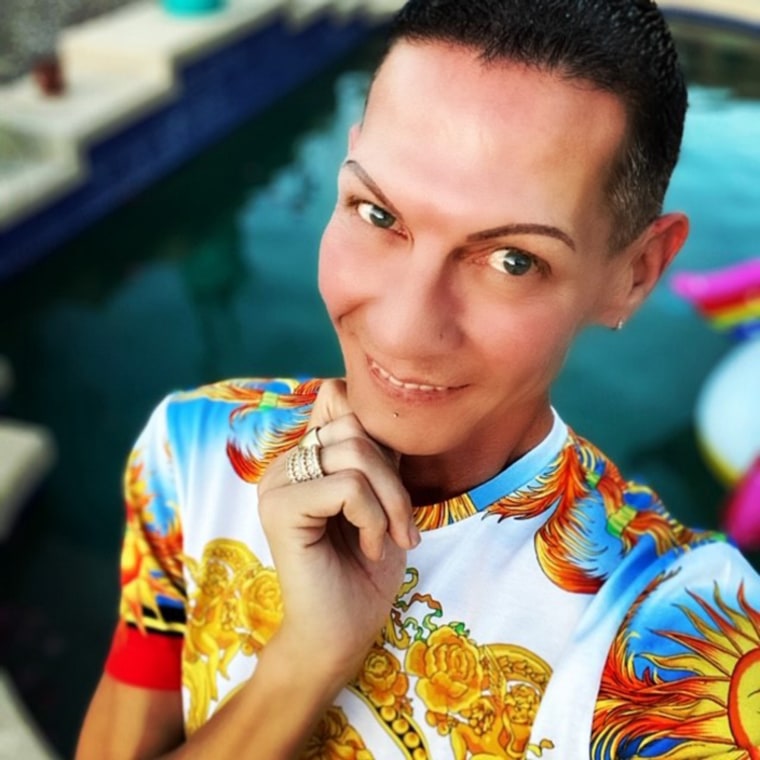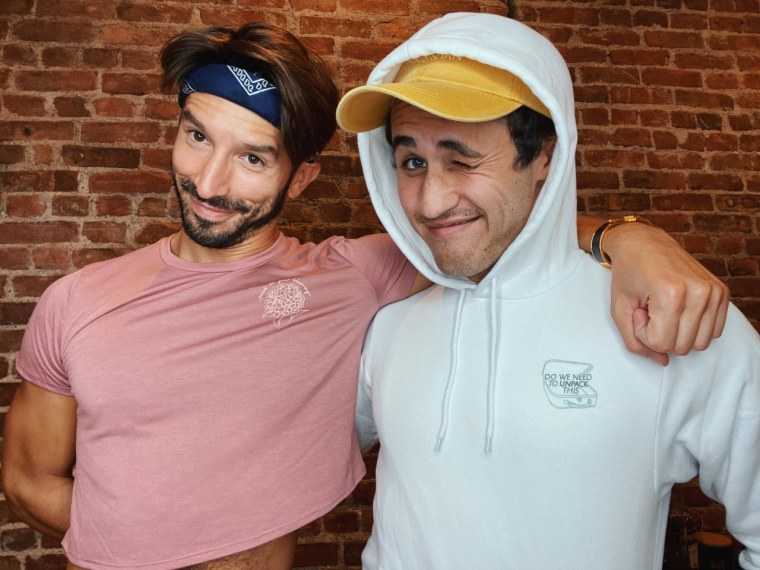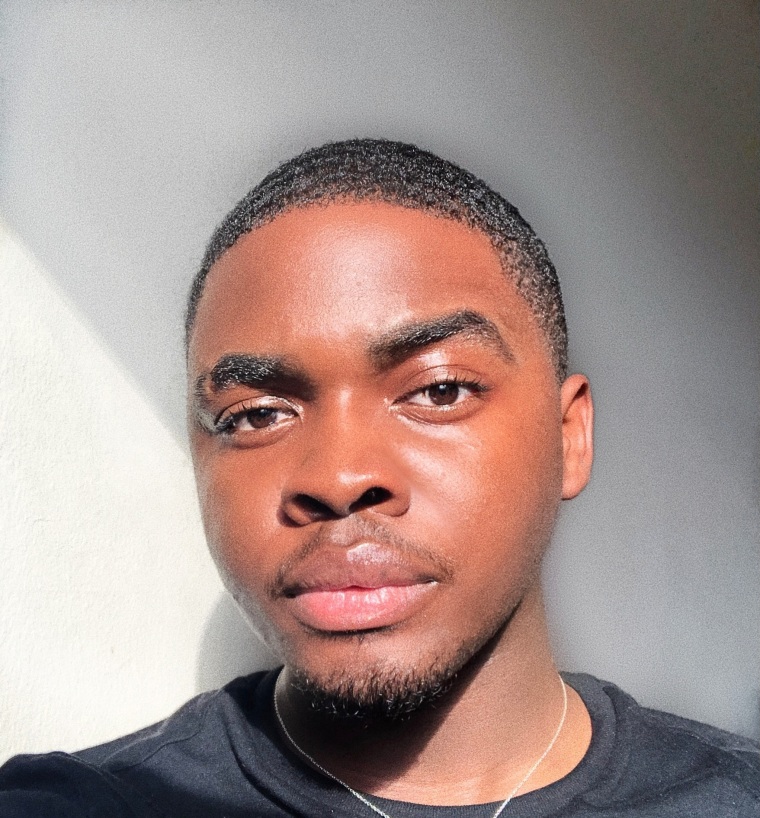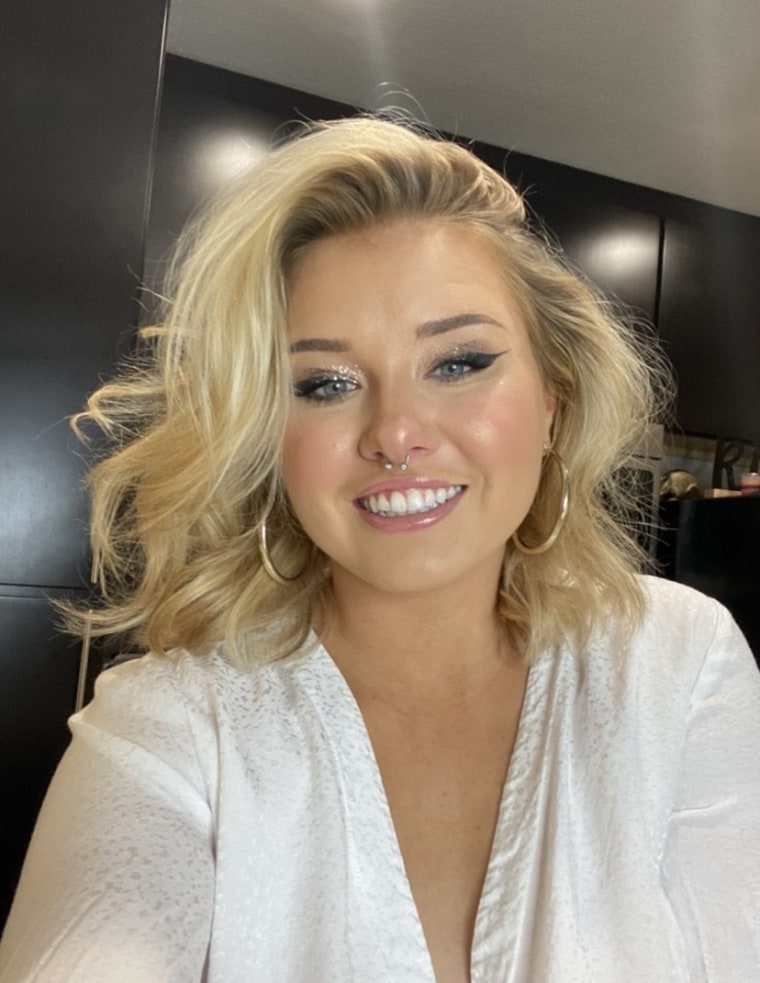TikTok Has Proven To Be Open to All LGBTQ But That Presents a Problem for Trump Thus a Problem For Us
The truth is Trump has always been skittish about the united power of gay people. He feels he is got to be squashing us because he feels through Pence and others that is the best way to pacify the base. But once in a while he throws a morcel, thinking we are like the two or three blacks in his entourage that like a dinner at the WH or a little movement by little people called 'the Log Cabin' and they are as big as a cabin but they are the rich gays with exception of what I called "Gays Hating Gays". Those are not necessarily rich but they don't like people that are openly pro gays no matter where they come from (and immigrants unless they can marry them, ie: Richard Grenell) since we have seen each other as a world family because we are a monority and a gay in Tacoma is not different froma gay in any suverbs of the Soviet Union..Excuse...Russssiah!
Adam Gonzalez, Publisher
By William Livingston
Steven King, a popular content creator on the social media platform TikTok, said he stumbled across the video-sharing app by accident early last year.
"I saw an advertisement for what I thought was an app that could put your selfies into motion" he said. "I downloaded it, and two days later I was posting my first video."
King, 47, started by sharing videos about his day, his relationship with his husband and what clothes he wanted to wear. They must have resonated because his following started to grow — all the way to 3 million as of this week.
 |
So in February 2019, King, who lives in Arizona, began doing livestreams where he would answer questions from his followers — many of them LGBTQ youth and young adults — and creating videos to share his advice and aspects of his life story, from his 24-year relationship to his sobriety.
"The traumas that we suffer from as we grow have a huge impact on who we are as adults," King said. "To be able to empathize and put myself back in the position that these teenagers are in, knowing where I came from and how I made it through, I just had to give back that information."
With the help of the algorithm on its "For You" page, which feeds users curated content based on their previous interactions and "likes," TikTok has helped LGBTQ content creators and audiences find one another on the platform. But some fear the queer community they helped foster on the social network may be in danger amid the face-off between TikTok's Chinese parent company, ByteDance, and the Trump administration.
On July 31, following previous concerns over data privacy on the app, President Donald Trump announced aboard Air Force One that "as far as TikTok is concerned, we're banning them from the United States." That same day, reports surfaced about Microsoft being in talks to purchase the app from its Chinese parent company (Oracle subsequently expressed interest in the platform).
Then on Aug. 6, the White House issued an executive order barring U.S. companies from doing business with ByteDance. The order, which is set to go into effect next month, would be a major blow to TikTok if it is not sold to a U.S. company, according to NBC News' previous reporting. TikTok responded to Trump's executive order this week with a lawsuit claiming that the administration had failed to follow due process when it ordered the ban, and that it never provided evidence that TikTok posed a security threat.
'Full of queer people'
Collins Onosike, a verified TikTok content creator, has amassed 4.4 million followers since joining the platform several years ago.
Onosike, who has built both his career and social group around TikTok, is among those who has been on edge amid the back and forth between the president and ByteDance.
"The thought of just losing it, just losing all of it is quite scary — for myself and other influencers," he said.
Onosike, 20, joined TikTok in its early days when the app was still called Musical.ly. At first, he focused on dance and lip-sync videos, but he then pivoted to comedy skits where he often incorporates drag into his performances.
"I get a lot of comments saying, 'Seeing the way you express yourself has given me the courage to be myself as well.' It's so cool to see the amount of power a video can give to someone else."
'Freaking out'
For Sarah Schauer, the prospect of TikTok shutting down was like "having deja vu."
"I was like, 'Are you f------ kidding me? I've done this before," said Schauer, who started her social media career on the now-defunct video-sharing platform Vine and lost 848,000 followers in one day when it shut down in 2017.
"I understand why everyone else was freaking out, but it was like 'I had practiced for this,'" she said. "This time I would lose 1.2 million [followers]."
Schauer, who lives in Los Angeles, started posting on TikTok last year after hearing success stories of other creator accounts growing rapidly on the platform. She said she has found a supportive fan base on the app, where she shares point-of-view-style comedy videos.
"I didn't do queer content when I was on Vine, because I came out later, but I've started to integrate it into my content now," said Schauer, who is bisexual and estimates that her followers are about half queer and half straight.
Schauer, who said the platform's large queer community is commonly referred to as "gay TikTok," said the app's algorithm is about discoverability — and goes far beyond LGBTQ-related content.
"I've seen so much Native American and native Hawaiian content. The disabled community can create videos about their situations," she explained. "I've never seen their videos as much as I have now."
'We'll find a way to do it again'
For Chris Olsen and Ian Paget, a gay couple who split their time between New York and Los Angeles, TikTok started as a place to watch videos and stay entertained amid the pandemic. But then in April, the duo started posting their own videos to the platform.

"I was a little skeptical about having a new app to have to tend with in my everyday life, but then I understood why everyone was on it," said Paget, who has nearly a million followers on TikTok, where he said he gets to be his "most kooky self."
Olsen, who has just under 3 million TikTok followers, said that while the potential ban is worrisome, he's not concerned that the community that has been connected by the platform will disappear.
"The support that has been built within the app won't just dissipate if the app goes away," he said. "We're creating now, and we'll find a way to do it again."


Comments